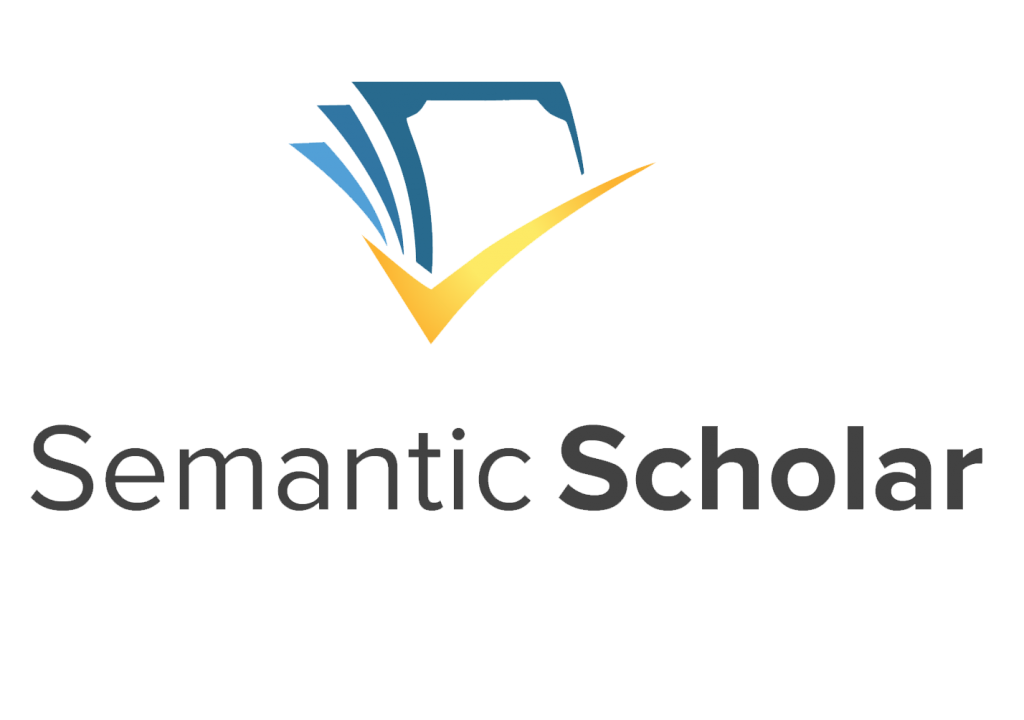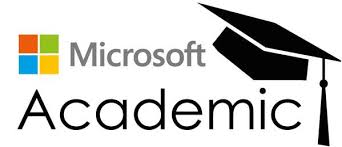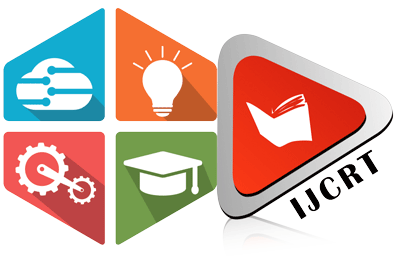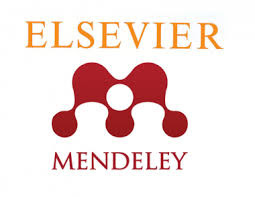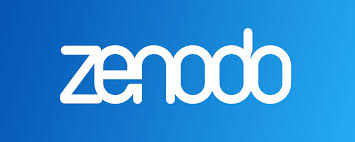INTERNATIONAL JOURNAL OF CREATIVE RESEARCH THOUGHTS - IJCRT (IJCRT.ORG)
International Peer Reviewed & Refereed Journals, Open Access Journal
ISSN Approved Journal No: 2320-2882 | Impact factor: 7.97 | ESTD Year: 2013
Call For Paper - Volume 12 | Issue 7 | Month- July 2024
Scholarly open access journals, Peer-reviewed, and Refereed Journals, Impact factor 7.97 (Calculate by google scholar and Semantic Scholar | AI-Powered Research Tool) , Multidisciplinary, Monthly, Indexing in all major database & Metadata, Citation Generator, Digital Object Identifier(DOI)
Contact Us Click Here
WhatsApp Contact Click Here
Published Paper Details:
Paper Title
COPING BEHAVIOUR AND LEARNING STYLES OF CHILDREN WITH DYSLEXIA AT ELEMENTARY LEVEL
Authors
Harihara Nag, Dr. Dadhi Baman Tali
Keywords
Coping Behaviour, Learning Styles, Children with Dyslexia, Elementary Level
Abstract
Coping behavioural and learning style regarded as an influential factor which enhance cognitive, social, emotional and behavioural development of the children. Children exhibit different coping behaviour and learning styles. Coping behaviour are the set of some executive techniques of cognition which are used by learners to achieve a specific learning goal. Thus, the investigator made an attempt to examine the relationship between Coping behaviour and Learning Styles of children with Dyslexia at Elementary level. The Correlational Survey Method was adopted for the study. Therefore, the data has been collected through Dyslexia Indicators Assessment Tool developed by Australian Govt. The same tool was translated into Odia language in order to identify the children having dyslexia problem. After that Coping Behaviour Questionnaire developed by Carver, C.S. (2013) and C.I.T.E. Learning Style Instrument developed by Babich Burdine, Albright, and Randol (1976) adapted and translated into Odia language and the tools were administered to 60 dyslexia elementary school children of class IV and Class V. The data were tabulated and analyzed by using product movement coefficient (r) of correlation. The result of the study indicates that children with dyslexia having Information Gathering dimension of learning style have shown better problem-focused, emotion-focused and overall coping behaviour as compared to avoidance-focused coping behaviour. Work conditions dimension of learning styles of children with dyslexia have stronger Problem-focused, Emotion-focused, Avoidance-focused coping behaviour and overall coping behaviour children with dyslexia having Expressive Preference learning styles also have better Problem-focused coping, Emotion-focused coping, Avoidance-focused coping behaviour. Children with dyslexia having Work conditions learning style have strong Emotion-focused coping behaviour as compared to Expressive Preference learning style and Information Gathering learning style. Children with dyslexia having Expressive Preference learning style have better Problem- focused, and Emotion-focused coping behaviour as compared to Work Conditions learning style and Information Gathering learning styles where as children with dyslexia having Information Gathering learning style have not better Avoidance focused, Emotion-focused coping behaviour as compared to Expressive Preference learning style ( Problem-focused coping, Emotion-focused coping, Avoidance-focused coping behaviour) and Work Conditions learning styles (Problem-focused coping, Emotion-focused coping, Avoidance- focusedcopingbehaviour).Asawhole,thechildrenwithdyslexiahavingoveralllearning styles have stronger Emotion-focused coping behaviour as compared to Work Conditions learning style, Expressive Preference learning style and Information Gathering learning. Further, the learning styles matches with coping behaviour of children with dyslexia at elementary level.
IJCRT's Publication Details
Unique Identification Number - IJCRT2109285
Paper ID - 211952
Page Number(s) - c614-c626
Pubished in - Volume 9 | Issue 9 | September 2021
DOI (Digital Object Identifier) -
Publisher Name - IJCRT | www.ijcrt.org | ISSN : 2320-2882
E-ISSN Number - 2320-2882
Cite this article
Harihara Nag, Dr. Dadhi Baman Tali, "COPING BEHAVIOUR AND LEARNING STYLES OF CHILDREN WITH DYSLEXIA AT ELEMENTARY LEVEL", International Journal of Creative Research Thoughts (IJCRT), ISSN:2320-2882, Volume.9, Issue 9, pp.c614-c626, September 2021, Available at :http://www.ijcrt.org/papers/IJCRT2109285.pdf
Article Preview
Indexing Partners
Call For Paper July 2024
Call For Papers
July 2024
Volume 12 | Issue 7
Last Date :
31-Jul-2024
Submit Manuscript Online Impact Factor: 7.97 Review Results : Within 02-03 Days Paper Publication : Within 02-03 Days
July 2024
Volume 12 | Issue 7
Last Date :
31-Jul-2024
Submit Manuscript Online Impact Factor: 7.97 Review Results : Within 02-03 Days Paper Publication : Within 02-03 Days
Published Issue Details
For Authors
Forms / Downloads
Other IMP Links
Indexing Partner
Research Area
LICENSE
ISSN and 7.97 Impact Factor Details

ISSN: 2320-2882 Impact Factor: 7.97 and ISSN APPROVED Journal Starting Year (ESTD) : 2013
ISSN and 7.97 Impact Factor Details

ISSN: 2320-2882 Impact Factor: 7.97 and ISSN APPROVED Journal Starting Year (ESTD) : 2013
DOI Details
CONFERENCE
CONFERENCE MANAGMENT & PUBLICATION CONFERENCE PROPOSAL
RECENT CONFERENCE

CONFERENCE PROPOSAL CONFERENCE PROCEEDINGS

CONFERENCE PROPOSAL CONFERENCE PROCEEDINGS
For Reviewer /Referral (RMS) Earn 500 per paper
Important Links
NEWS & Conference
Digital Library
IJCRT RMS | Earn 500 Per Paper.
LICENSE
Indexing Partner




















